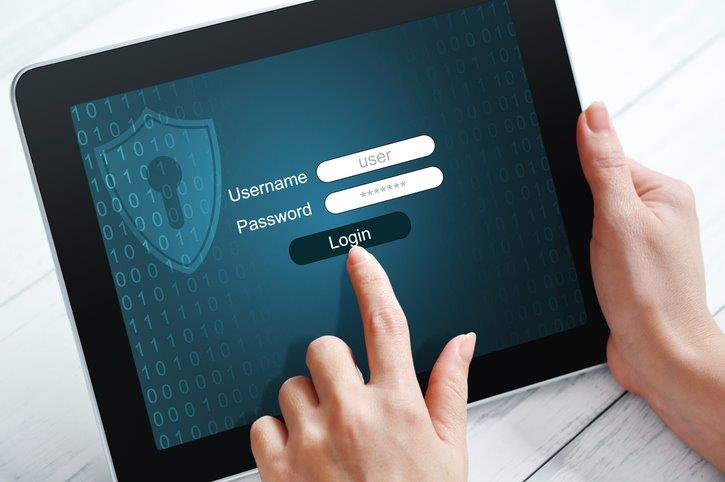
While signing paperwork is one of the least exciting things about buying, building or refinancing your home, the day you are set to close on a loan and move onto the next chapter in your life should be uplifting and satisfying. It wasn’t such a great day for Washington, D.C. homebuyers Sean Smith and Erin Wrons when they arrived to sign papers and pick up the keys for their $1.7 million home. When the couple arrived at the Federal Title & Escrow office, they were shocked to discover that the $1.57 million in funds they wired for closing was missing. The couple apparently were the victims of a phishing scam and had responded to an email requesting that they wire the funds a month prior to the closing. The title company says they were victims of a cyberattack on their information systems.
Whether you are financing a home improvement project with a home equity loan, refinancing your current home or arranging a purchase of an existing or newly built home, the loan process can be time-consuming and sometimes confusing.
"Scammers benefit here because the loan process is confusing and convoluted and consumers maybe do it a few times in a lifetime," says Robert Siciliano, an identity theft expert and CEO of IDTheftSecurity.com. "They are generally unaware of the various nuances that may be red flags for a scam."
According to the Federal Trade Commission (FTC) and the National Association of Realtors, earlier this summer a scam was circulating that specifically targeted real estate transactions. The hackers would break into a consumer’s or a real estate professional’s email account and find out information about the closing date and other details of a transaction. Then the hacker would send an email to the borrower as if the hacker was the title company or real estate professional, with instructions to wire closing funds to a different account.
Protecting yourself against a scam
The FTC says: If you’re buying a home and get an email with money-wiring instructions, STOP. Email is not a secure way to send financial information. Instead:
- Contact the company through a number or email address you know is real. Don’t use phone numbers or links in the email.
- Don’t open email attachments, even from someone you know, unless you’re expecting it. Opening attachments can put malware on your computer.
"The best measure of protecting oneself from a scam like this is simply to pick up the phone," says Siciliano. "Call the representative that you are working with to find out if the email communications are legitimate. Don’t just trust email at face value."
Siciliano points out that most of the electronic mail processing for loans today is done via a secure server connection, where the lender and title agent require loan customers to create a login and password to open and view documents or instructions on their secure system.
"So, when the transactions are taken outside of those controlled environments consumers should always be suspect and pick up the phone," he says. "I’ve been involved in a half a dozen mortgages myself and not once has wiring money ever been a part of the process. Whenever wiring money is required or requested pick up the phone."
The FTC recommends the following steps to prevent phishing at all times, not just when you’re financing your home.
- Don’t click on links or open attachments – even people you know could have been hacked.
- Look up a website or phone number yourself to contact a company – don’t use the link or phone number from an email.
- Call a company or a friend if they are asking for personal or financial information – don’t respond to an email.
While the D.C. couple purchased their home with the aid of family and other funds, they are still missing their $1.57 million. Take precautions online to avoid falling victim to a similar scam.
